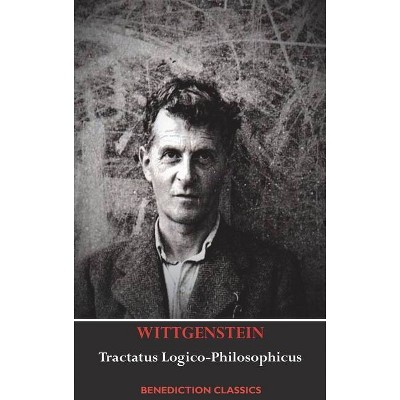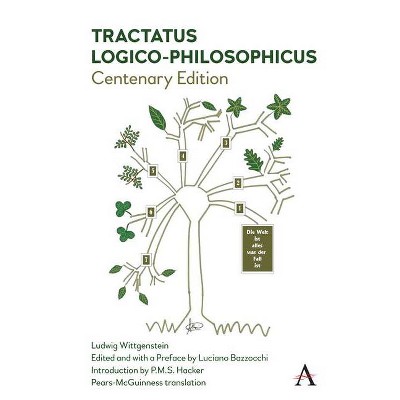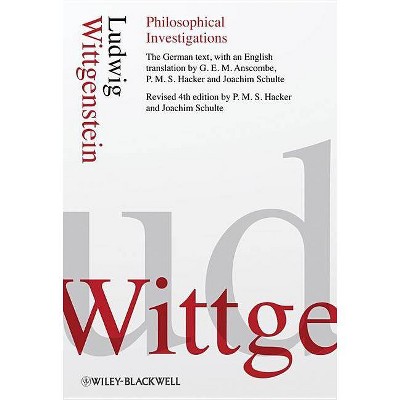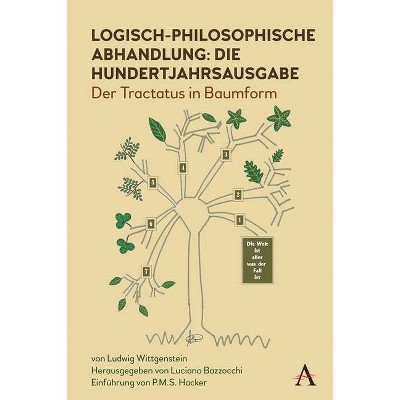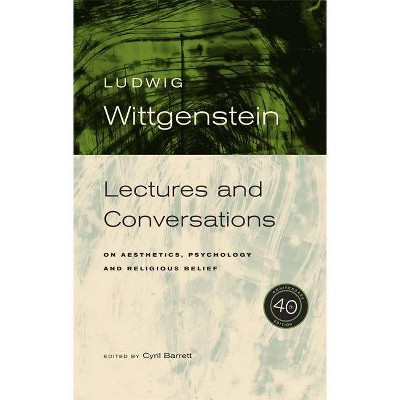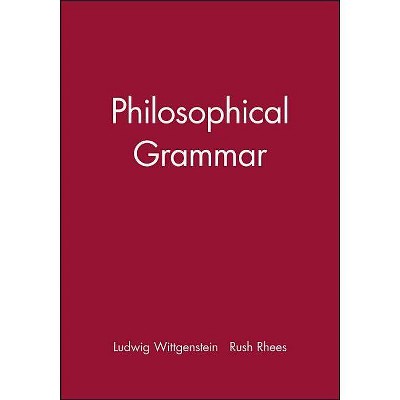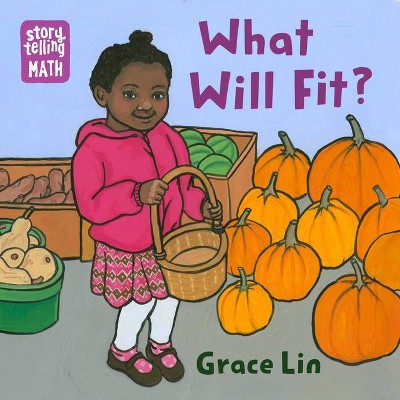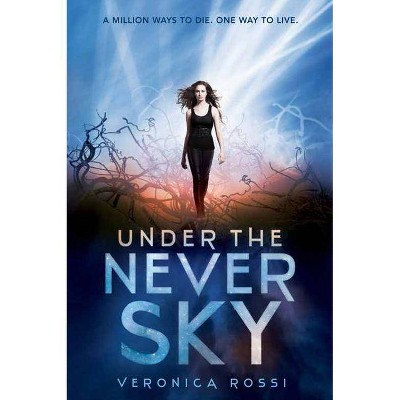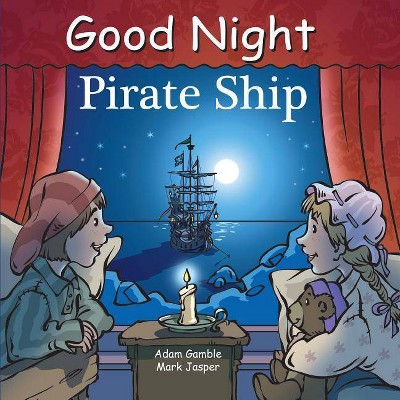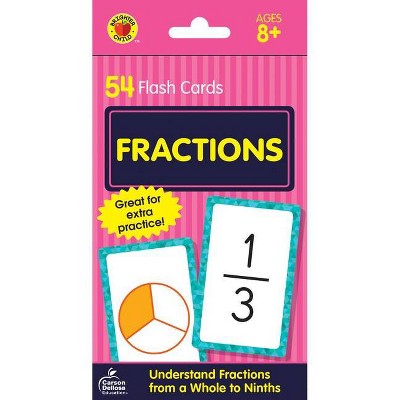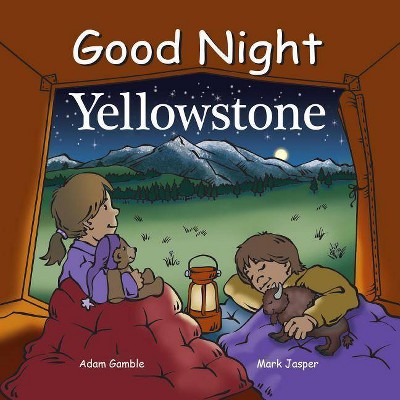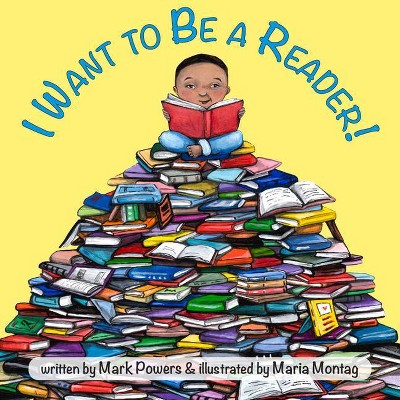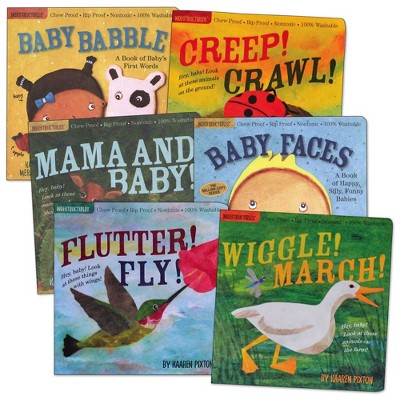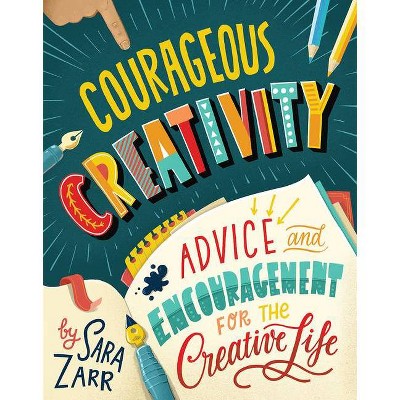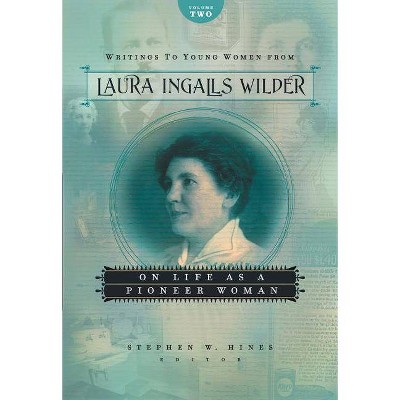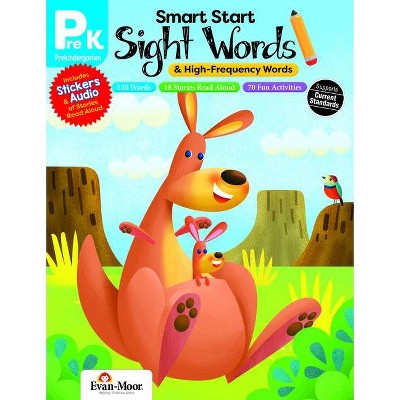Word Book - by Ludwig Wittgenstein (Hardcover)
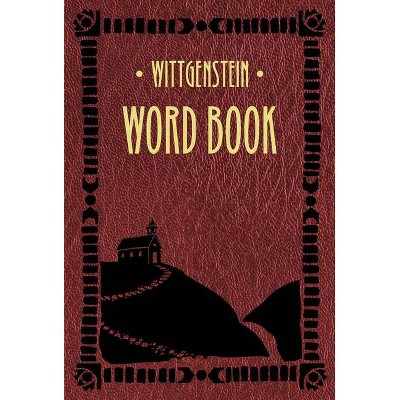
Similar Products
Products of same category from the store
AllProduct info
<p/><br></br><p><b> Book Synopsis </b></p></br></br><p><strong>Wittgenstein's dictionary for children: a rare and intriguing addition to the philosopher's corpus, in English for the first time</strong></p><p>"I had never thought the dictionaries would be so frightfully expensive. I think, if I live long enough, I will produce a small dictionary for elementary schools. It appears to me to be an urgent need." -Ludwig Wittgenstein <p/>In 1925, Ludwig Wittgenstein, arguably one of the most influential philosophers of the 20th century, wrote a dictionary for elementary school children. His <i>Wörterbuch für Volksschulen</i> (Dictionary for Elementary Schools) was designed to meet what he considered an urgent need: to help his students learn to spell. Wittgenstein began teaching kids in rural Austria in 1920 after abandoning his life and work at Cambridge University. During this time there were only two dictionaries available. But one was too expensive for his students, and the other was too small and badly put together. So Wittgenstein decided to write one. <p/><i>Word Book</i> is the first-ever English translation of <i>Wörterbuch</i>. This publication aims to encourage and reinvigorate interest in one of the greatest modern philosophers by introducing this gem of a work to a wider audience. <i>Word Book</i> also explores how <i>Wörterbuch</i> portends Wittgenstein's radical reinvention of his own philosophy and the enduring influence his thinking holds over how art, culture and language are understood. <p/><i>Word Book</i> is translated by writer and art historian Bettina Funcke, with a critical introduction by scholar Désirée Weber, and accompanied with art by Paul Chan. <p/><b>Ludwig Wittgenstein</b> (1889-1951) was an Austrian-born British philosopher, regarded by many as the greatest philosopher of the 20th century. He played a decisive if controversial role in 20th-century analytic philosophy, and his work continues to influence fields as diverse as logic and language, perception and intention, ethics and religion, aesthetics and culture.</p><p/><br></br><p><b> Review Quotes </b></p></br></br><br>Word Book is less a contribution to Wittgenstein scholarship than an artist's book. Wittgenstein's carefully curated list of words becomes the vehicle for paratextual play and for Chan's striking black-and-white illustrations, whose thick, jagged lines recall the woodcuts of the German expressionists.--Ryan Ruby "Believer Magazine"<br><br>Working in black ink at a large scale, and with his left hand (he's a righty), Mr. Chan achieves a thrilling kind of naïveté. The drawings feel at once guileless and fully formed, like thoughts plucked fresh from the artist's head.--Will Heinrich "New York Times"<br><br>Who knew that the 20th-century philosopher Ludwig Wittgenstein wrote a textbook for children? Paul Chan did. Chan is an artist and the founder of Badlands Unlimited, which has just brought out Word Book, the first English-language edition of Wittgenstein's Wörterbuch für Volksschulen (Dictionary for Elementary Schools) from 1926. Chan also provided the illustrations--ink drawings made with his nondominant (left) hand--which manage somewhat miraculously to convey both childlike playfulness and sophisticated meaning.--Dodie Kazanjian "Vogue"<br><br>Wittgenstein's keen interest in how his students were learning the use of words and their spelling becomes clear through his justifications and explanations provided in the dictionary's preface. His meticulous choices and attention to detail in how to construct the book helped to "guard [the student] against confusions in the best way possible."--Désirée Weber "Lapham's Quarterly"<br><br>Word Book goes beyond the practical, Weber says. Matters of responsibility, experience, and authorship in a community are mentioned in prefatory materials and diffuse like light across our current intellectual moment, as if discourse were a mirror made of beveled, baroque Fels (rock), ongoing.--Corina Copp "BOMB"<br><br>A compelling artifact of a brilliant philosopher.--Thessaly La Force "T Magazine"<br>
Price History
Cheapest price in the interval: 29.99 on October 22, 2021
Most expensive price in the interval: 29.99 on December 20, 2021
Price Archive shows prices from various stores, lets you see history and find the cheapest. There is no actual sale on the website. For all support, inquiry and suggestion messages communication@pricearchive.us
